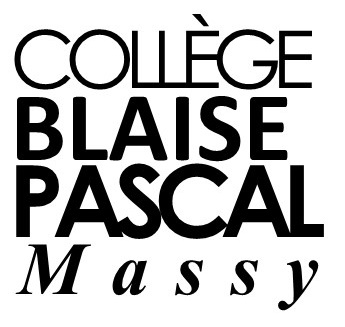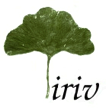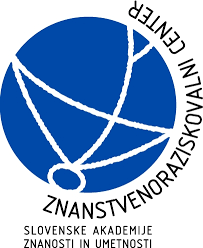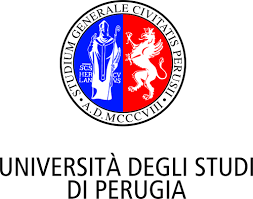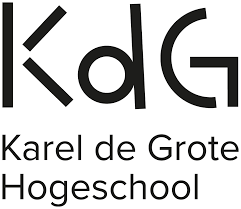Bibliography
Anheier , H K. (2005), Nonprofit organizations- Theory, management, policy, London: Routledge
CEDEFOP (2002), Glossaire de mots liés à l’apprentissage et l’évaluation, Thessaloniki: CEDEFOP
Cedefop (2009), European guidelines for validating non-formal and informal learning, Office for Official Publications of the European Union, Luxembourg: European Commission
Davis Smith J., Ellis A., Howlett S., O’Brien Ja. (2004), « Volunteering for all ? Exploring the link between volunteering and social exclusion”, London: Institute for Volunteering Research,
Eduscol- Evaluer la maîtrise du socle commun aux cycles 2,3 et 4- dossier actualisé en novembre 2016- http://eduscol.education.fr
Education Council (2011), Recommendation on policies to reduce early school leaving, Brussels: European Commission, 2011.
European Commission (2000), Charter of Fundamental Rights, Nice :Presidents of the European Parliament, the Council and the Commission at the European Council meeting
European Commission (2006), Key competences for lifelong learning, Brussels: European Commission, Recommendation of the European Parliament and of the Council,
European Commission (2011a), Communication on EU Policies and volunteering: Recognising and Promoting Cross-border Voluntary activities in the EU, Brussels: European Commission, [COM(2011) 568 final].
European Commission (2011b), Tackling early school leaving. A key contribution to the Europe 2020 Agenda, Brussels: European Commission, [COM(2011)18],
European Commission (2011c), Reducing early school leaving - Staff working paper, Brussels: European Commission, [SEC(2011)96].
European Commission (2013), European Year of Citizenship, http://europa.eu/citizens-2013/
GHK (2010), Study on Volunteering in the European Union, Brussels: European Commission, DC EAC.
Glasman D. (2004) Le travail des élèves pour l’école en dehors de l’école, Haut conseil de l’éducation de l’école, n°15, Paris
Gouldner, A. (1975), The importance of something for nothing, in Gouldner (Alvin W.) For sociology, London: Penguin
Guidikova, I. (2001) “Developping a European Gateway for Youth Social Inclusion Programmes”, London: Raleigh International,
Halba, B. (2014 ), From altruism to otherness, Traditiones- Ljubljana: Institute of Slovenian Ethnology SRS SASA, (Slovenia), 2/2014, pp 67 à 83.
Halba, B. (2014 ) - Volunteering – an alternative pedagogical strategy to combat Early School Leaving and to enhance Success at School, - publié pour la revue slovène Šolsko polje , Ljubljana: Educational Research Institute, septembre 2014.
Halba, B. (2012 ), The validation of competences - a key issue to enhance access to Higher Education, Journal of Educational Sciences- Timisoara: West University from Timisoara (Faculty of Sociology and Psychology, Department of Education Sciences) & Romanian Institute for Adult Education (IREA) –2/2012- 10-19.
Halba, B. (2011b) : Valuing volunteering : a major issue for the European Year of Volunteering , Communication for the Final conference of the VALUE project, Liverpool: University of Liverpool:
Halba, B. (2011), Guide pratique du bénévolat, Paris : Larousse.
Halba, B. (2010), Community-University collaborations: exploring models, sharing good practice. The lifelong learning perspective, Communication at the University of Durham (UK), Evry: University of Evry Val d’Essonne, VAB project
Halba, B. (2006), Gestion du bénévolat et du volontariat, Bruxelles : De Boeck
Halba, B. (2003), Bénévolat et volontariat en France et dans le monde, Paris : La Documentation française
Halba, B. et al. (ed), (2001) Volunteering : an opportunity for youngsters in Europe, Paris: iriv
Halba, B. et al (ed), (2007), “Vaeb- Assessing a Voluntary Experience”, Paris: iriv, VAEB project
Huber J. & Reynolds C. (2014), Developing Intercultural competence through education, Strasbourg: Council of Europe
Kennett (D. A), (1980), Developments in the Theory of Public and Private Redistribution, New York: American Journal of Economics and Sociology
Ministère de léducation nationale, de l’enseignement supérieur et de la recherche (2015), Le socle commun de connaissances, de compétences et de culture, Paris: MEN
Nau (X), Les inégalités à l’école, Conseil éconopmique, social et environnemental, Paris, 2011.
OECD, PISA 2012 Results in Focus (2013) “What 15-year-olds know and what they can do with what they know”, Paris: OECD
Riboud, M. (1975), Etude de l’accumulation du capital humain , in Revue économique Issue of March, Volume 26, Numero 2, pp 220-244
Schröer, R. (2004)« Voluntary service : opening doors to the future – The integration of Young People from Disavantaged Backgrounds in Transnational Voluntary service », Brussels : Association of Voluntary Service organisations (AVSO)
Stolle, D. (2003), The sources of social capital, in: Hooghe, Marc and Stolle, Dietlind, (eds) Generating Social Capital, New York: Palgrave McMillan,
Thelot , C. (2004), Rapport de la commission du débat national sur l’avenir de l’école , Paris : La Documentation française
Thomas, J.W (2000), A review of research on project-based learning, San Rafael (USA) :Autodesk Foundation,


